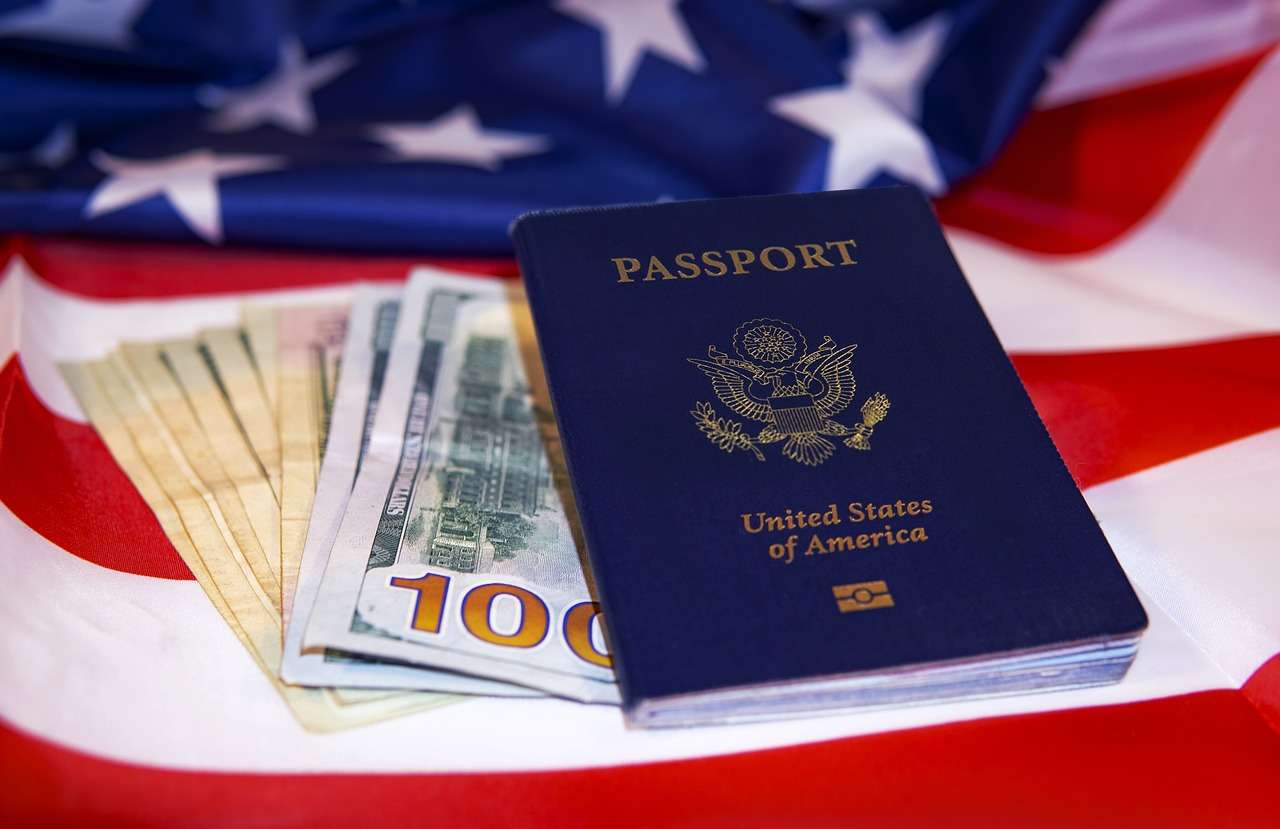The start of 2025 brings a new wave of changes to U.S. immigration policies. With a fresh presidential administration in place, immigration reform has become a key area of focus, reflecting evolving national priorities and global dynamics. Whether you’re an aspiring immigrant, a business owner reliant on international talent, or simply curious about the latest developments, staying informed is crucial.
In this article, we break down the most significant updates to U.S. immigration policies, what they mean for you, and how to prepare for the changes ahead.
Key Changes in U.S. Immigration Policies
1. H-1B Visa Program Adjustments
The H-1B visa program, designed to bring skilled foreign workers to the U.S., has undergone notable revisions. In 2025:
- Wage-based Selection Process: The lottery system now favors applicants with higher wages, prioritizing those who contribute significantly to the U.S. economy.
- Expanded Cap: The annual cap for H-1B visas has been slightly increased, providing more opportunities for skilled workers in high-demand fields like technology, healthcare, and engineering.
These changes aim to align the program with the country’s economic needs while ensuring fair compensation for foreign talent.
2. Streamlined Green Card Processing
Obtaining a green card has traditionally been a lengthy and complex process. Recent updates focus on reducing backlogs and increasing efficiency:
- Digital Applications: The government is investing in modernized systems to allow for faster electronic processing.
- Country-Specific Quota Reform: The per-country caps for employment-based green cards have been revised, addressing the long waits faced by applicants from countries like India and China.
- Family-Based Reunification Prioritized: Additional resources are being allocated to process family-based green card applications more quickly.
3. DACA Program Expansions
The Deferred Action for Childhood Arrivals (DACA) program has seen expansions in eligibility criteria:
- Age Limits Removed: More individuals who arrived as children are now eligible.
- Advanced Work Authorization: Recipients can apply for extended work permits, allowing for greater job security and opportunities.
This expansion underscores a commitment to supporting immigrants who have grown up in the U.S. and consider it their home.
4. New EB-5 Investor Visa Rules
The EB-5 Immigrant Investor Program, which grants visas to individuals investing in U.S. projects, has introduced stricter oversight:
- Higher Investment Thresholds: The minimum investment amount has increased to ensure meaningful economic contributions.
- Targeted Regional Center Incentives: Investments in rural or underserved areas now offer additional benefits, encouraging development in these regions.
5. Asylum and Refugee Policy Overhauls
In response to global crises, the U.S. is updating its asylum and refugee policies:
- Increased Refugee Admissions Cap: The annual limit for refugee admissions has been raised to accommodate those fleeing conflict and persecution.
- Streamlined Asylum Application Processes: Faster initial screenings and improved legal support aim to address backlogs and ensure fair outcomes.
- Enhanced Border Security: While welcoming those in need, the government is also reinforcing measures to manage unauthorized crossings effectively.
Read Next: After Christmas Sales: Your Ultimate Guide to Save Big in This Holiday Season
What These Changes Mean for You
For Aspiring Immigrants
If you’re considering moving to the U.S., these updates present both opportunities and challenges. Make sure you:
- Understand Eligibility: Familiarize yourself with new criteria for visas or green cards.
- Stay Updated: Follow official government announcements and seek advice from reputable immigration attorneys.
For Businesses
Employers reliant on international talent should adapt to changes in visa regulations by:
- Offering Competitive Wages: Higher salaries may increase the chances of securing H-1B visas for employees.
- Planning Ahead: Anticipate longer processing times for green cards and incorporate these into hiring strategies.
For Current Immigrants
If you’re already living in the U.S. under a temporary visa or DACA, these policy changes could significantly impact your status. Consider:
- Exploring New Opportunities: Expanded pathways for permanent residency may apply to you.
- Seeking Legal Guidance: Ensure your applications align with updated policies to avoid delays or denials.
How to Prepare for the Future
- Stay Informed Regularly check reliable sources like the U.S. Citizenship and Immigration Services (USCIS) website for updates. Following trusted immigration news outlets can also help you stay ahead.
- Work with Professionals Immigration attorneys and consultants can provide personalized advice, ensuring your applications meet the latest requirements.
- Gather Documentation Whether applying for a visa, green card, or DACA, having complete and accurate paperwork is critical. So, keep your all data handy and up to date.
- Monitor Deadlines New policies may introduce changes to filing deadlines or eligibility windows. Act quickly to avoid missing important opportunities.
